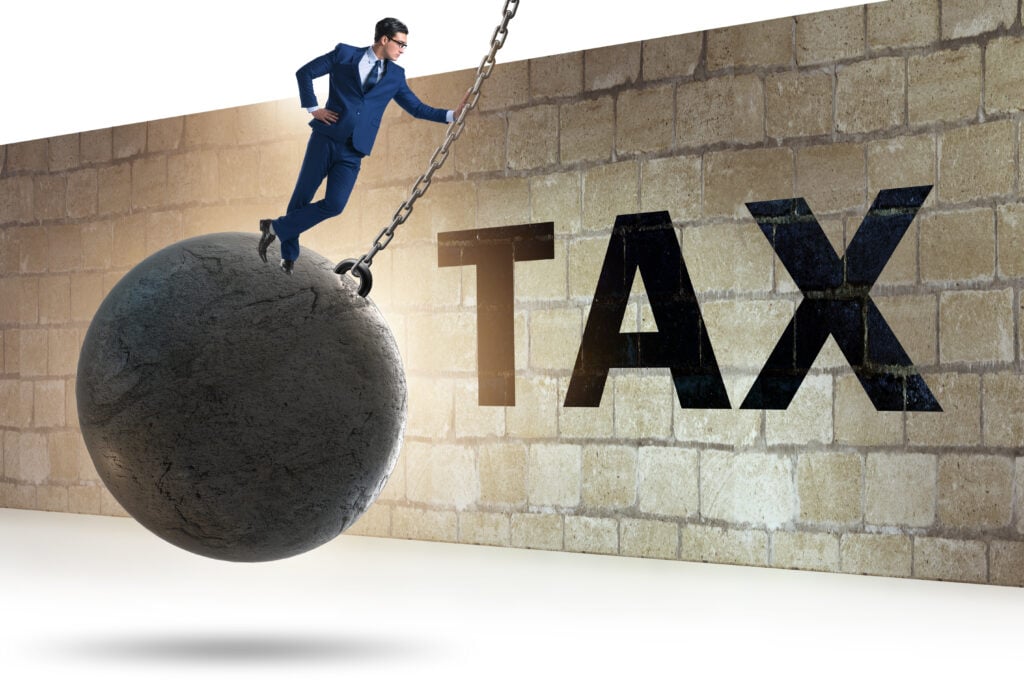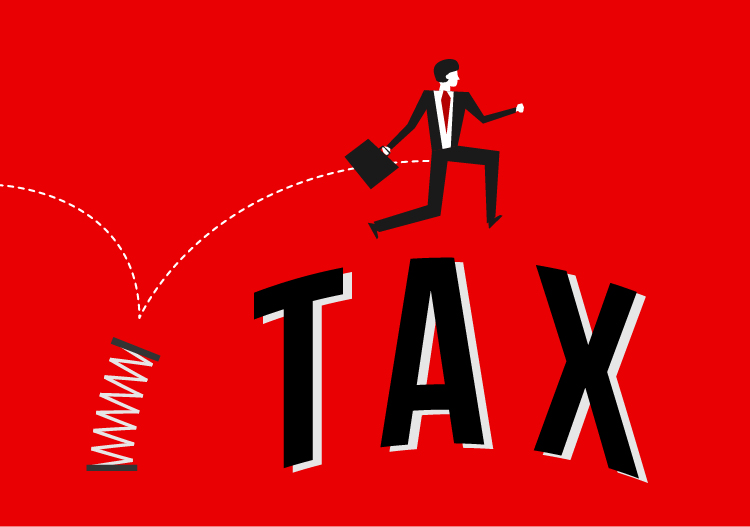Publicly traded corporations are beginning to release their 2020 financial filings. Many are again paying substantially less than the official corporate rate of 21 percent. And some are paying nothing at all.
ITEP has studied corporate tax payments for four decades and found one constant: in times good and bad, many profitable corporate behemoths just don’t contribute much to the country that helps them thrive.
Yesterday we learned that Amazon paid just a 9.4 percent tax rate on record profits of $23 billion (not to mention revenue of $386 billion) in a year when people turned en masse to online shopping. Its effective 2020 tax rate was higher than in the years when it dodges taxes entirely—profits were 73 percent higher than in 2019, too. But the company still managed to pay less than half the 21 percent statutory corporate rate.
Amazon has long shown its willingness to underpay and mistreat its workers in addition to avoiding taxes. The company stopped offering hazard pay last summer and has high levels of injuries, frequent COVID outbreaks (tens of thousands of workers have come down with the virus), and a track record of heavy-handed tactics to avoid unionization.
Like all companies, Amazon needs public services and infrastructure—schools to train its workforce, roads to deliver its products, municipal broadband to communicate with its customers. And Amazon also consistently relies on the public sector to help support its staff—it tops the list of employers whose poor pay forces workers to seek food aid for themselves or their families. But during this pandemic year, Amazon also needs vaccine development and deployment to curb COVID in its warehouses. Like all companies, Amazon depends on a well-funded public sector. But like many, it fails to fully contribute to those costs.
Amazon is not alone in this. Netflix raked in $1.1 billion more in 2020 over its 2019 earnings while none of us can go to movie theaters, live concerts or plays. But, as we reported last week, the company still paid less than 1 percent of its profits in taxes last year.
America has lost 10 million jobs and 450,000 lives since last year, in part because politicians have let the public sector deteriorate, investing too little in the things that really matter. It’s long past time for the corporate elite to stop lobbying and manipulating the system to avoid contributing sufficiently toward the basics for our people, our communities and our planet.
We need to get more vaccines into more arms more quickly. We need to install solar panels, put up wind turbines, and insulate buildings to reduce the emissions that unleash floods, fires and hurricanes on an annual basis. And we need to get paychecks and income security to the many people who’ve lost jobs and fallen into poverty.
Policymakers are taking steps toward all of that and rightly recognizing that the appropriate way to finance these investments in the short-term is through borrowing to get the economy back on track. But even when we appropriately use deficit-financing, we need a tax system that adequately taps corporations. Stock values are soaring, corporate profits are often roaring, and many regular Americans are barely getting by.
Amazon’s an easy target. But even corporations that pay their employees well and aren’t quasi-monopolies are obligated to pay taxes—it’s the only way to have a society that delivers the things we all need.
Reforms would rein in these absurd practices. My colleagues suggest getting rid of depreciation tax breaks, which saved 20 big companies including Amazon and Google more than 26.5 billion in 2018 and 2019 (Amazon didn’t use this break in 2020). These breaks, which let businesses deduct the cost of equipment investments more quickly, often subsidize companies for investments they likely would have made anyway.
We also suggest eliminating tax breaks for stock options, a type of compensation companies sometimes pay their top executives. The current rules allow corporations to report a large expense for stock options to the IRS (reducing their tax bill) while reporting a small expense in financial disclosures (enhancing profit numbers for shareholders and potential investors).
While President Biden has proposed aggressive reforms to curtail corporate tax breaks related to offshore tax havens, he has not suggested that we specifically repeal the breaks for depreciation and stock options. But he’s got his own solution—requiring corporations to pay a minimum tax equal to 15 percent of profits they report to shareholders and to the public if it’s less than what they pay under regular corporate tax rules. It’s not exactly the approach we choose, but it would eliminate some of the worst corporate tax dodging.
The public and the Biden administration say corporations should contribute to the public infrastructure that lets them earn so much. We agree. It’s the least we can ask, in a pandemic and at all other times too.





